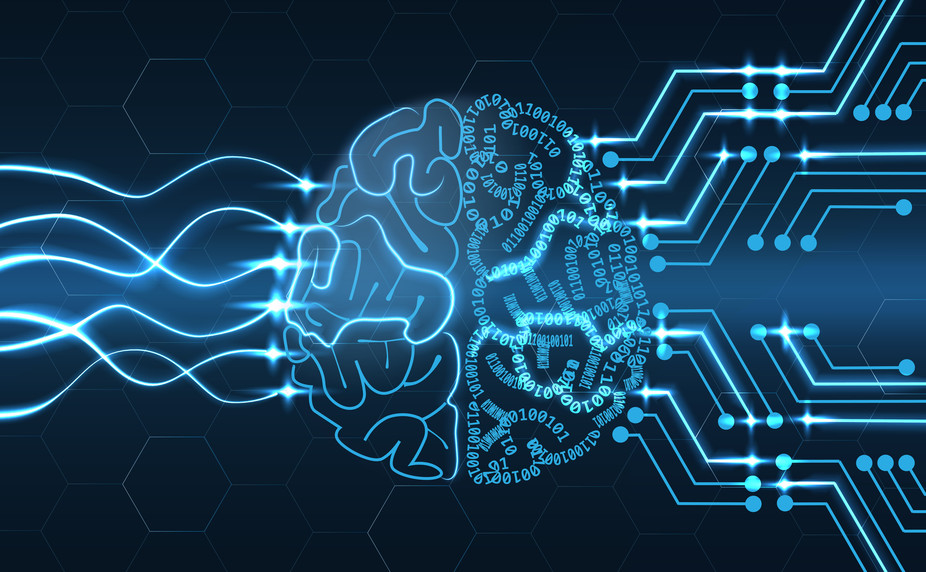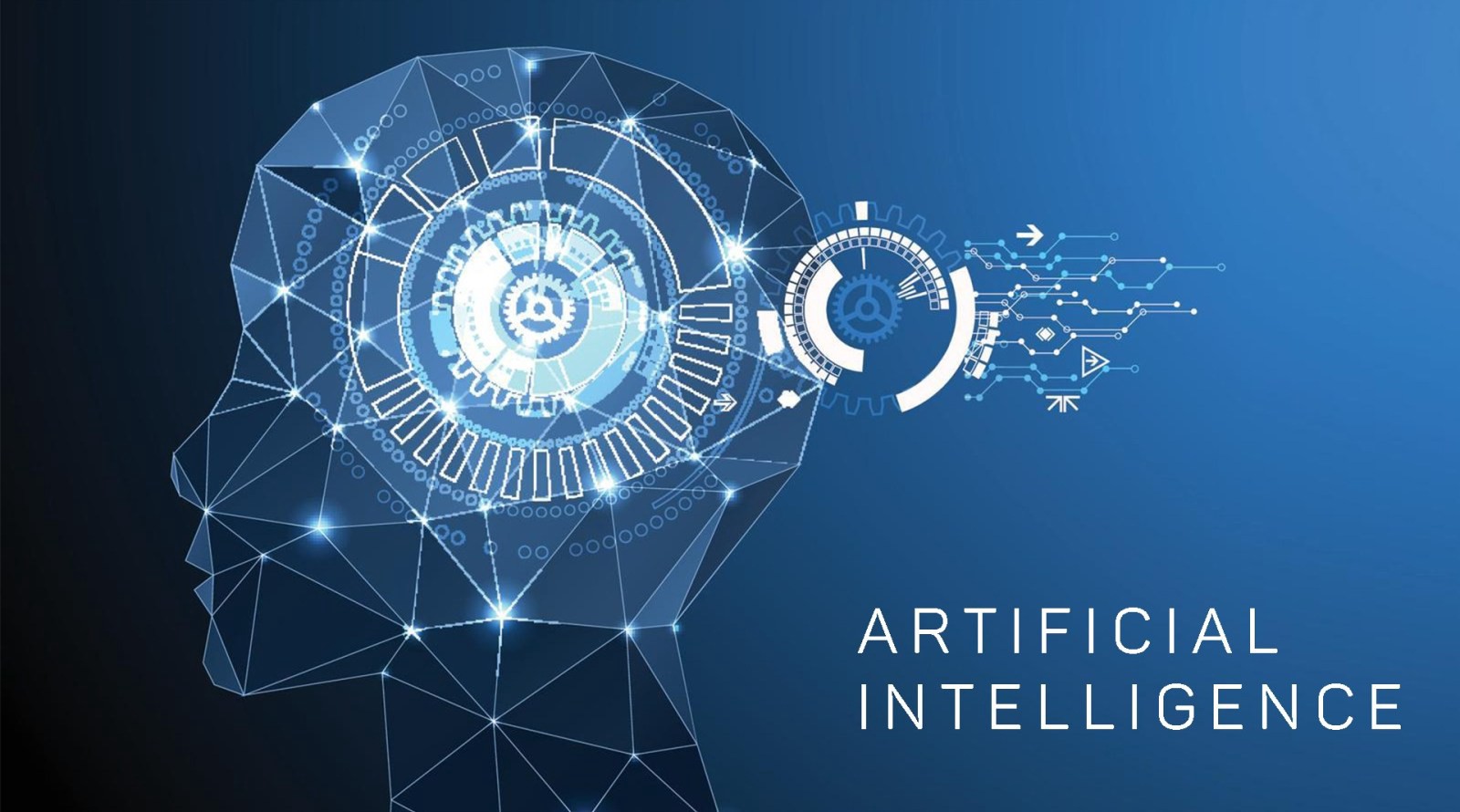
Expert System (AI) is transforming education while making discovering more available however also sparking debates on its impact.

While students hail AI tools like ChatGPT for improving their learning experience, speakers are raising issues about the growing dependence on AI, which they argue fosters laziness and undermines scholastic stability, especially with numerous students not able to defend their assignments or offered works.

Prof. Isaac Nwaogwugwu, a lecturer at the University of Lagos, in an interview with Nairametrics, revealed disappointment over the growing dependence on AI-generated responses amongst students recounting a current experience he had.
RelatedStories
Avoid sharing personal information that can recognize you with AI tools- Expert cautions
Chinese AI app DeepSeek triggers international tech selloff, challenges U.S. AI dominance
"I provided a project to my MBA students, and out of over 100 trainees, about 40% submitted the specific very same responses. These students did not even understand each other, however they all utilized the very same AI tool to create their reactions," he said.
He noted that this trend is widespread amongst both undergraduate and postgraduate trainees however is especially worrying in part-time and distance knowing programs.
.webp)
"AI is a serious obstacle when it pertains to projects. Many students no longer think critically-they simply go online, create responses, and send," he added.
Surprisingly, some lecturers are likewise accused of over-relying on AI, setting a cycle where both teachers and trainees turn to AI for benefit rather than intellectual rigor.
This argument raises crucial concerns about the role of AI in scholastic stability and trainee development.
According to a UNESCO report, while ChatGPT reached 100 million regular monthly active users in January 2023, just one nation had launched regulations on generative AI as of July 2023.
Since December 2024, ChatGPT had more than 300 million individuals using the AI chatbot every week and 1 billion messages sent out every day worldwide.
Decline of academic rigor
University lecturers are significantly worried about trainees submitting AI-generated assignments without really comprehending the content.
Dr. Felix Echekoba, a lecturer at Nnamdi Azikiwe University, expressed his concerns to Nairametrics about trainees increasingly counting on ChatGPT, only to fight with addressing fundamental questions when tested.
"Many students copy from ChatGPT and submit sleek tasks, however when asked fundamental concerns, they go blank. It's frustrating due to the fact that education is about learning, not simply passing courses," he stated.
- Prof. Nwaogwugwu explained that the increasing number of top-notch graduates can not be completely attributed to AI however admitted that even high-performing trainees use these tools.
"A top-notch trainee is a first-class student, AI or not, however that doesn't suggest they don't cheat. The advantages of AI might be peripheral, but it is making students reliant and less analytical," he said.
- Another speaker, Dr. Ereke, from Ebonyi State University, raised a different issue that some speakers themselves are guilty of the very same practice.
"It's not just students using AI slackly. Some speakers, out of their own laziness, produce lesson notes, course lays out, marking plans, and even test concerns with AI without reviewing them. Students in turn utilize AI to produce responses. It's a cycle of laziness and it is eliminating real knowing," he regreted.
Students' point of views on use
Students, on the other hand, state AI has actually enhanced their knowing experience by making academic materials more reasonable and accessible.
- Eniola Arowosafe, a 300-level Business Administration student at Unilag, shared how AI has actually considerably aided her knowing by breaking down complex terms and offering summaries of lengthy texts.
"AI assisted me comprehend things more quickly, particularly when dealing with intricate subjects," she described.
However, she recalled a circumstances when she used AI to send her job, only for her speaker to immediately acknowledge that it was created by ChatGPT and decline it. Eniola kept in mind that it was a good-bad result.
- Bryan Okwuba, who just recently graduated with a top-notch degree in Pharmacy Technology from the University of Lagos, securely believes that his scholastic success wasn't due to any AI tool. He associates his outstanding grades to actively engaging by asking concerns and concentrating on locations that speakers emphasize in class, as they are frequently shown in exam concerns.
"It's everything about existing, paying attention, and using the wealth of knowledge shared by my coworkers," he said,
- Tunde Awoshita, a final-year marketing student at UNIZIK, admits to occasionally copying directly from ChatGPT when dealing with multiple deadlines.
"To be sincere, there are times I copy straight from ChatGPT when I have numerous due dates, and I understand I'm guilty of that, the majority of times the lecturers do not get to read through them, however AI has actually also helped me learn faster."
Balancing AI's role in education
Experts think the service lies in AI literacy; mentor trainees and lecturers how to utilize AI as a learning aid instead of a faster way.
- Minister of Education, Dr. Tunji Alausa, highlighted the combination of AI into Nigeria's education system, worrying the importance of a well balanced technique that maintains human involvement while harnessing AI to improve discovering results.
"As we navigate the rapidly evolving landscape of Expert system (AI), it is essential that we prioritise human company in education. We need to make sure that AI boosts, instead of changes, teachers' essential role in shaping young minds," he stated
Dorcas Akintade, a cybersecurity improvement specialist, dealt with growing concerns regarding using expert system (AI) tools such as ChatGPT and their potential threats to the instructional system.
- She acknowledged the benefits of AI, rocksoff.org nevertheless, highlighted the requirement for care in its usage.
- Akintade highlighted the increasing resistance among educators and schools towards incorporating AI tools in finding out environments. She identified 2 primary reasons that AI tools are dissuaded in academic settings: security risks and wiki.vifm.info plagiarism. She explained that AI tools like ChatGPT are trained to react based upon user interactions, which may not line up with the expectations of teachers.
"It is not looking at it as a tutor," Akintade stated, explaining that AI doesn't accommodate specific teaching approaches.
Plagiarism is another issue, as AI pulls from existing data, often without correct attribution
"A great deal of individuals require to comprehend, like I stated, this is information that has been trained on. It is not simply bringing things out from the sky. It's bringing info that some other people are fed into it, which in essence implies that is another individual's documents," she cautioned.
- Additionally, Akintade highlighted an early issue in AI advancement called "hallucination," where AI tools would create info that was not factual.
"Hallucination indicated that it was highlighting information from the air. If ChatGPT might not get that details from you, it was going to make one up," she explained.
She recommended "grounding" AI by providing it with specific details to avoid such errors.
Navigating AI in Education

Akintade argued that prohibiting AI tools outright is not the solution, especially when AI presents a chance to leapfrog traditional academic approaches.
- She believes that consistently strengthening key information helps individuals remember and avoid making errors when confronted with challenges.
"Immersion brings conversion. When you tell people the very same thing over and over once again, when they will make the mistakes, then they'll keep in mind."
She also empasized the requirement for clear policies and procedures within schools, keeping in mind that many schools must deal with individuals and procedure aspects of this use.
- Prof. Nwaogwugwu has actually resorted to in-class assignments and tests to counter AI-driven scholastic dishonesty.
"Now, I primarily utilize projects to ensure trainees supply initial work." However, he acknowledged that handling large classes makes this technique hard.
"If you set complicated questions, students will not have the ability to utilize AI to get direct responses," he explained.

He emphasized the requirement for universities to train speakers on crafting examination concerns that AI can not easily fix while acknowledging that some lecturers battle to counter AI abuse due to an absence of technological awareness. "Some lecturers are analogue," he stated.
- Nigeria released a draft National AI Strategy in August 2024, focusing on ethical AI advancement with fairness, transparency, responsibility, and personal privacy at its core.
- UNESCO in a report requires the regulation of AI in education, encouraging institutions to examine algorithms, data, and outputs of generative AI tools to guarantee they meet ethical standards, secure user data, and filter unsuitable content.
- It worries the need to examine the long-term effect of AI on crucial skills like believing and creativity while creating policies that align with ethical frameworks. Additionally, kenpoguy.com UNESCO recommends executing age restrictions for GenAI use to secure younger trainees and protect vulnerable groups.
- For governments, it encouraged adopting a collaborated national approach to managing GenAI, including developing oversight bodies and aligning guidelines with existing information security and privacy laws. It emphasizes evaluating AI dangers, imposing stricter rules for high-risk applications, and guaranteeing national information ownership.









